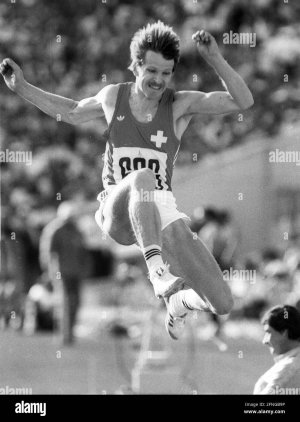Stephane Tougard
Well-Known Member
Excellent article and first step how to take your power back against the over usage and AI and post processing in digital photography.
It depends on what I'm shooting. 98% of time I use spot focus, but occasionally zone focus will make sense. If I'm trying to capture something unpredictable (e.g., waves, moving animals, etc.) I might even go to Auto Selection AF (as Canon calls it). But mostly it's single spot focus mode. If I'm using the viewfinder and feeling charitableI never, ever, use the auto area options for AF. Way too unpredictable - I'm taking the photo - so I want to know what's in focus!
Of course if I had something like an A7v (with AI AF!) I might feel differently... but I like to think that my principle would hold.

That's a definite advantage when it can be done, no doubt. I've done a similar thing, i.e., focusing on another object in the area while waiting on the true subject -- e.g., focus on a perch and wait for the bird to arrive. In such cases it serves more as a "pre-focus" operation, to get close to best focus in advance, then refine if possible.The photographer focus in advance where he knows the jumper will be at some point
An awful lot easier!How would you do the same shot today with a D6 and the latest 300mm ?
Yep, I was a bit brief in my claim to never using auto area... My Nikon I always have in af-c 3d tracking, on back button focus. So there's no AF tied to the shutter button, and while the AF button is depressed it will pick up focus on the centre point, then continually focus and attempt to track the object that was under the centre point to start with. It's no AI but it works well for most action photography.epends on what I'm shooting. 98% of time I use spot focus, but occasionally zone focus will make sense. If I'm trying to capture something unpredictable (e.g., waves, moving animals, etc.) I might even go to Auto Selection A
I think that was the general consensus. Stephane hasn't been seen here in a while. In fact you'll soon realize that the currently active group here is rather small.I don't agree with most of that blog.
I think that was the general consensus. Stephane hasn't been seen here in a while. In fact you'll soon realize that the currently active group here is rather small.
This is well said Paul and to the core of photography. After all, it is how every individual chooses to handle his tool and it is, to me rather silly to somewhat ridicule certain ways one operates with a camera. After all, it is the result of one's pleasure and work which should be essential—"some like the mother, some like her daughter and some like them both."I don't agree with most of that blog.
The author refers to modern cameras as "technological recklessness" and seems to completely missed a huge portion of the industry.
I talk/interact witha lot of "amatuer / semi pro" photographers that take amazing pictures. They are nearly all under the age of 45ish. They ALL started in digital, using the modern features. Most describe it as a "gateway drug" to exploring the more creative aspects of photography. Some got into film, or more manual cameras because they started attaching "vintage" lenses to their modern mirrorless cameras and loved the process of manual focusing, or the asthetic. This lead them to buying a film camera, that lead to being more purposeful in their shooting due to the constraints. Also, I know a few people who have physical limitations that made photography basically impossible for them - but thanks to modern "reckless technology" like anti-shake, autofocus, focus assist, etc -they can finally enjoy the hobby/lifestyle.
I also don't like how the author talks down about "point and shoot" photography. Being proficient at point and shoot style photography is an art all by itself. Some of the most impactful photos in history have been "point and shoot." The recent explosion of the market for old point and shoot digital cameras is also interesting. Seems the people who loves these cameras love working around the limitations of early digital photography. The best way to improve as a photographer is work within constraints.
I also don't see the point in the whole paragraph about "point focus and recompose." Most digital shooters I know do this. It is easier than ever with modern cameras with directional pads and touch screens. Author mention post processing - so I am going to assume this was mentioned in the belief that photographer who post process images are somehow inferior to those who don't, which is total B.S. Post processing (in regards to the specific paragraph regarding composition) has been done since the camera was invented. Whether the image recomposed (IE cropped) in the camera, the darkroom, or in software doesn't matter. The final image conveying the photographers intent is what matters.
I also had a chuckle at the exaggeration of "shooting portraits at 20 FPS" and "Culling a few hundred photos of the same moment" and the statement of "Instead, we need to shoot more carefully." I will apologize in advance for those who will be offended by what I say about this. This is B.S. through and through. Any photographer who actually uses their gear will eventually have suffered the aggravation and/or heartbreak of a malfunction in the process and lost a "moment," Experienced photographers will never imply that being able to have several backups of a shot - even if a ridiculous amount - is a bad thing. I do this with film all the time. I will purposely take the same shots, spaced several shots apart and/or on different rolls of film to ensure I have a good negative. Same with digital. More is always better when dealing with capturing something important. Being a "one and done" photographer doesn't make you magically better than someone else - just makes you more prone to error or loss.
To me, that whole blog post reeked of gatekeeping and of someone who actually isn't aware of what is currently going on in the photography world - or a poorly disguised attempt at clickbait . The truth of the matter is that the biggest driving force in more creative photography (such as film) is actually the photographers the author seems to be devaluing. The demographic that is driving the more creative, manual, and "traditional" photography market is the demographic that wasn't alive to take traditional photography classes in high school/college, have film developed, have manual only operation, or be alive when film cameras were still the "go-to." These people were born into the digital world, and they are finding value in the processes that "came before them" and as such, are keeping the market alive. This happens all the time, in a variety of lifestyles. What was old, is new again.
As far as social media goes - while I do agree a lot of it is a negative influence, so much of it is truly inspiring. I subscribe to at least 45+ photographer youtube channels - and I have a sneaking suspicion the author of that blog wouldn't like or isn't aware of most of them. You have personalities like LinusandhisCamera, Captured by Sam, GrainCheck, GrainyDays, Kyle McDougall, Vulandes, Nick Carver, Sophia Carey, Matt Marrash, etc who are teaching people the more artistic, creative, and technical side of photography. None of them feel the need to talk down about someone making use of "reckless technology." I don't like some of their "creative styles" but I watch any way as the process is inspiring, and watching their style/vision conveyed through their photography makes me want to pick up my cameras and go make some photographs.
Pretty much the only thing I really, truly agreed with in that blog was the very end, where it says to not let the rush of likes/subscribes/etc influence your work and to print you photos. Those are both 100% true.
At the end of the day, the camera doesn't matter. You can have a super-computer in your hand and still take "bad" pictures. You can have a walmart disposable and manage a shot that literally changes history. The more user friendly cameras get, it means a lower the barrier of entry. The more people that can enter the lifestyle/hobby means there will people that will take it seriously, learn how to use the camera to it's fullest and make amazing photographs. Also means some of those people will do it for the "wrong" reasons - but they don't stick around do they? It doesn't matter if it is a full manual, a digicam from 2004, or the latest and greatest mirrorless the more people we bring into photography ultimately leads to a better time for all of us.
In addition, I recall a "humble" gentleman out west, who is very fond of Holga or was it Helga, memory fails me at times. A Holy camera I think.I looked at the author of that blog's social media and previous stuff. For someone who speaks out against post production so much - he sure likes to post about buying his lightroom presets. His instagram looks very instagrammy too. Seems to be one of those writers who's beliefs follow whatever gets clicks/likes.
I just get tired of reading these divisive clickbait "blogs" that insist on trying to establish some sort of hierarchy among photographers using laughable made up standards. The two things that matter in photography is that the end result matches the photographer's expectation , and that they enjoyed whatever process they used to get that end result.
